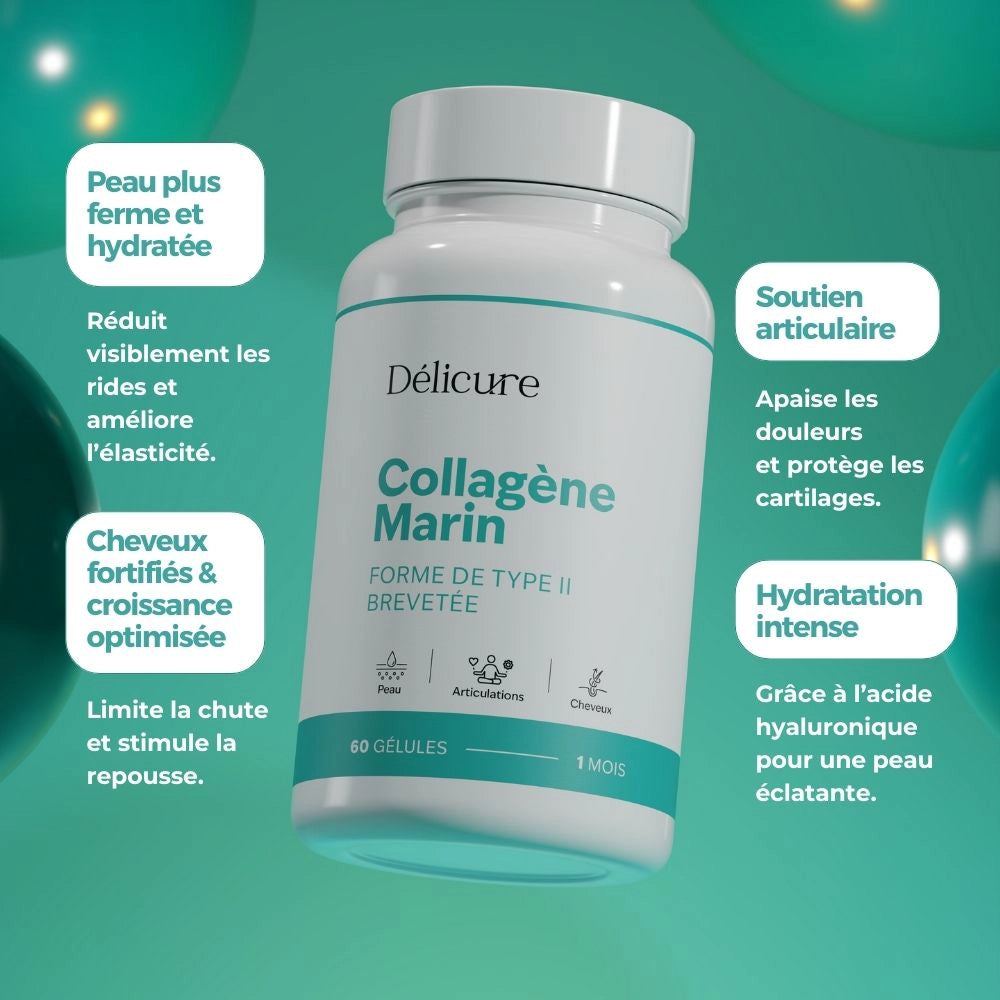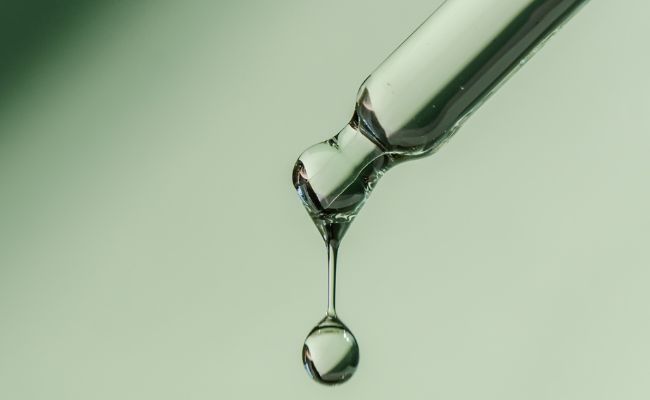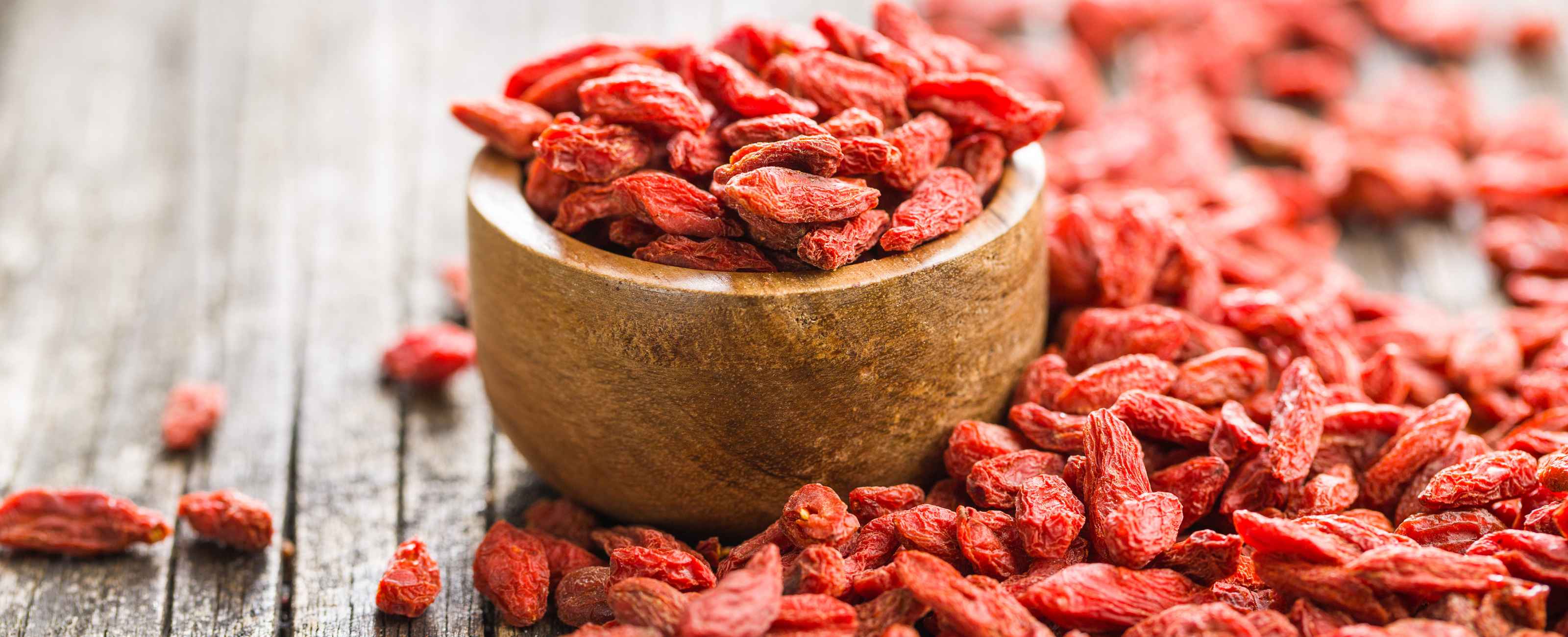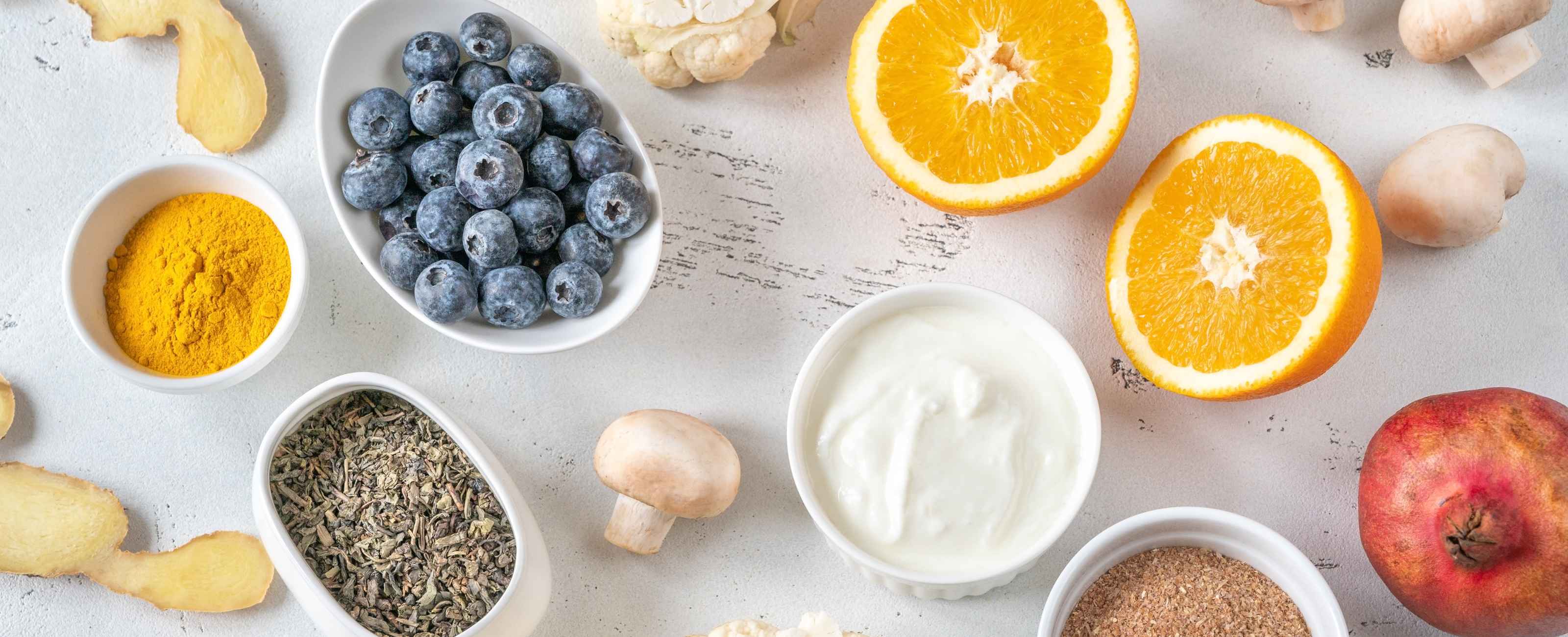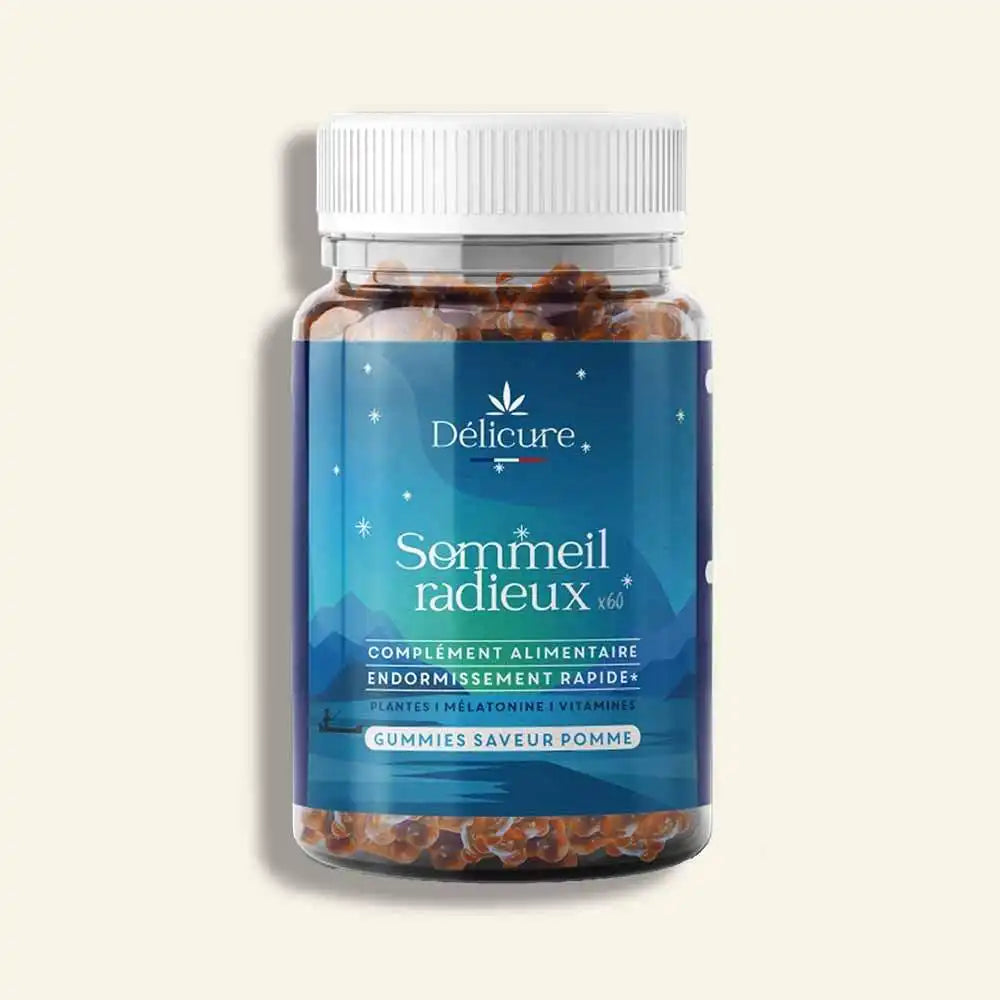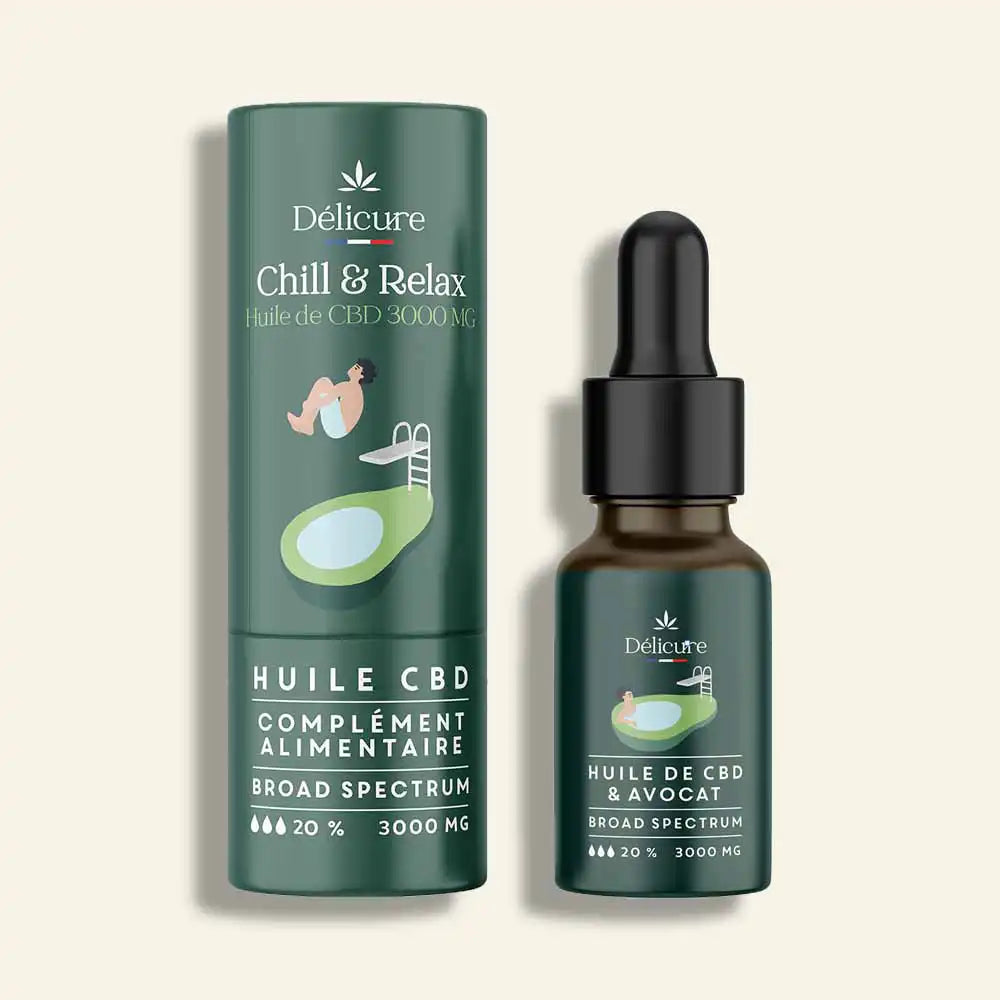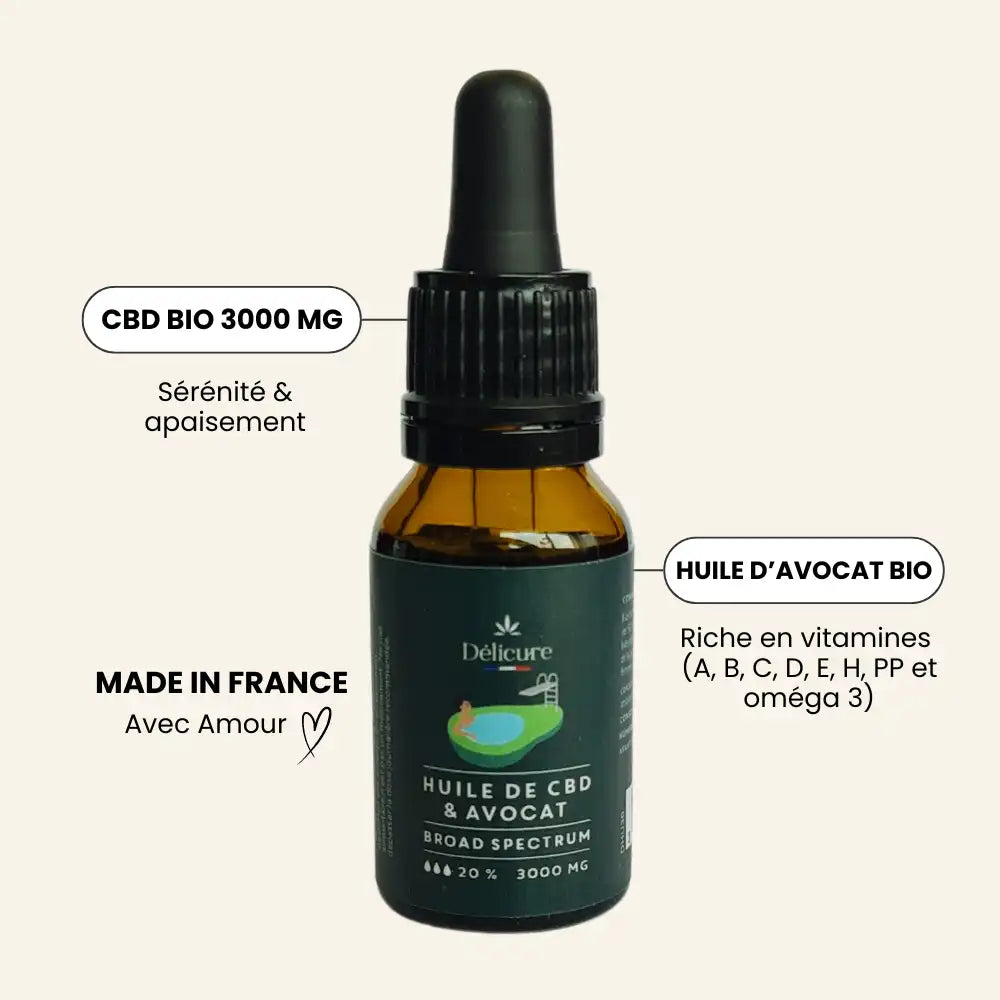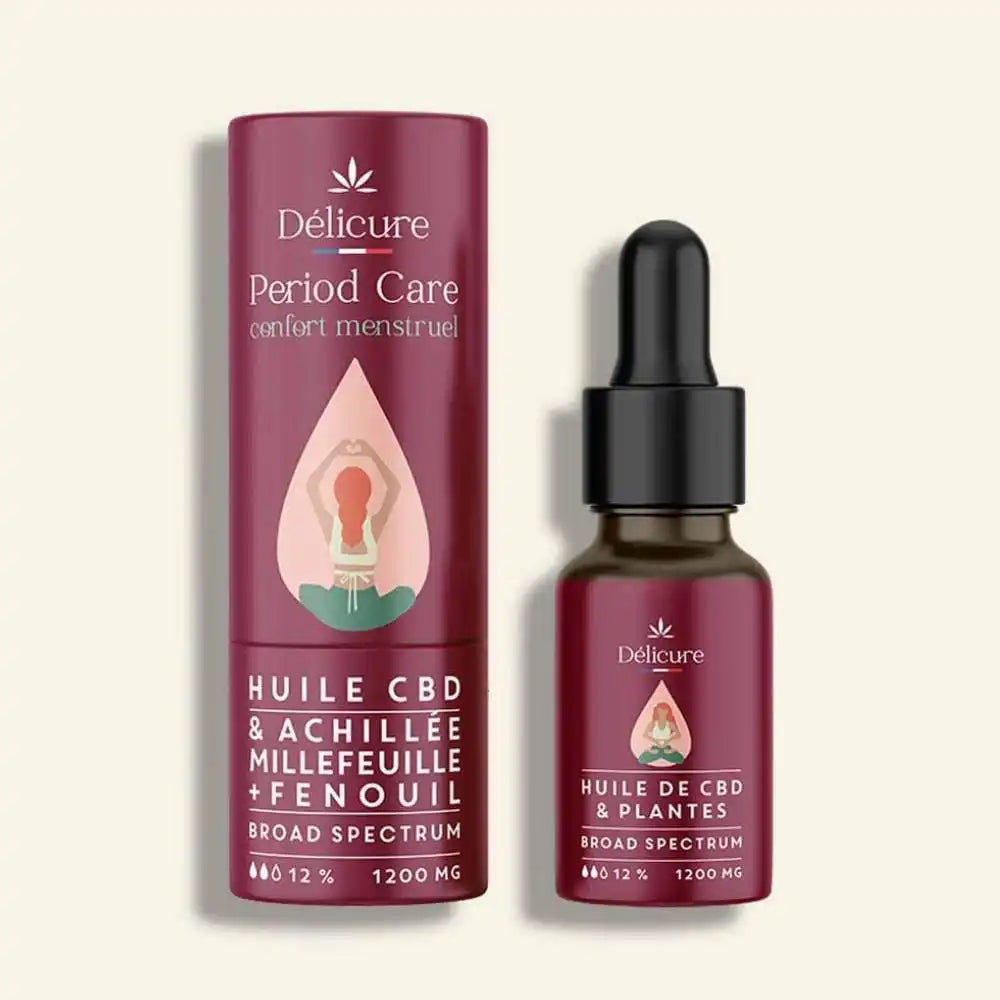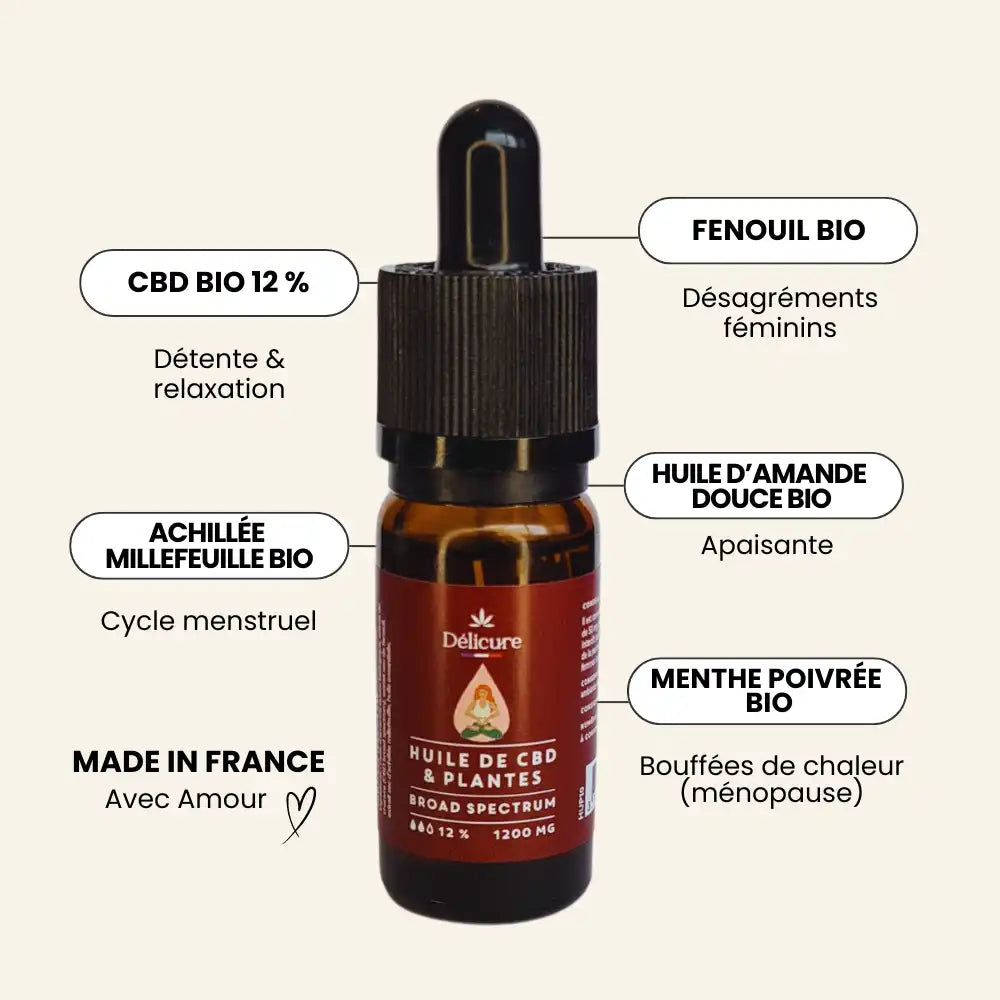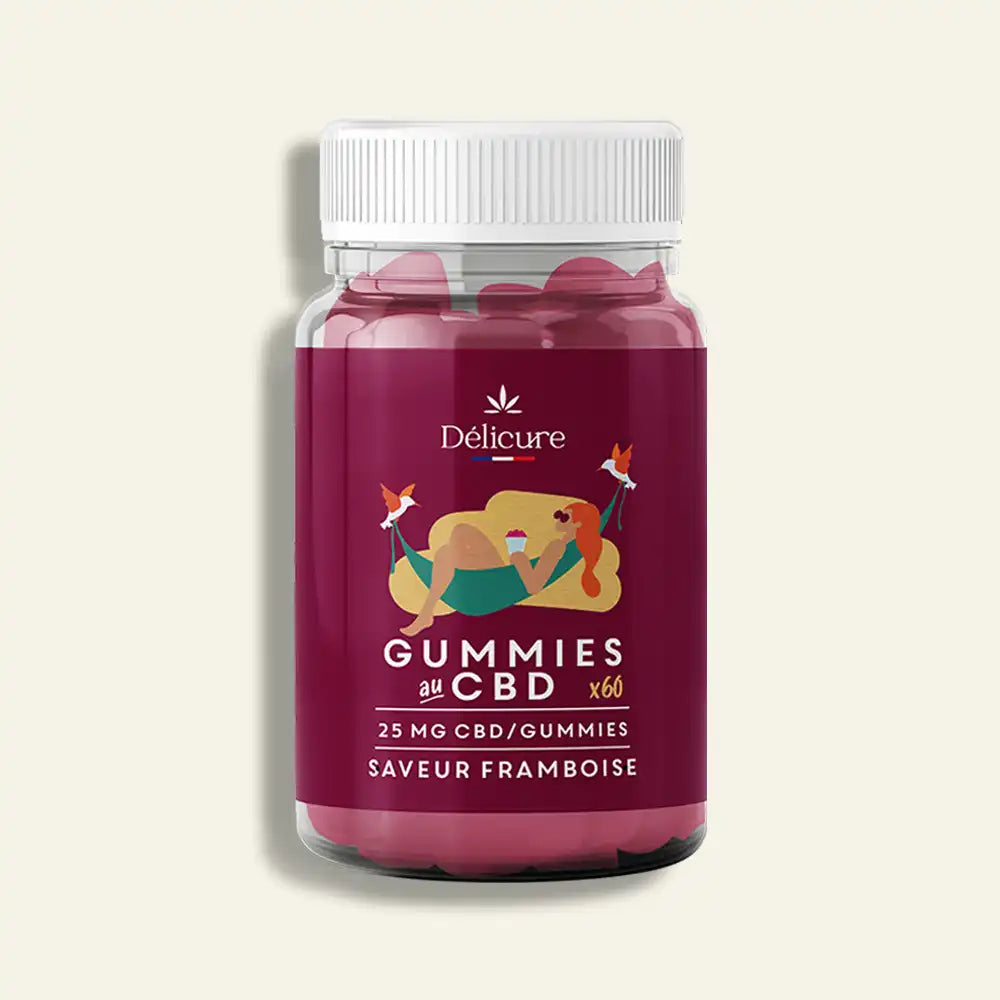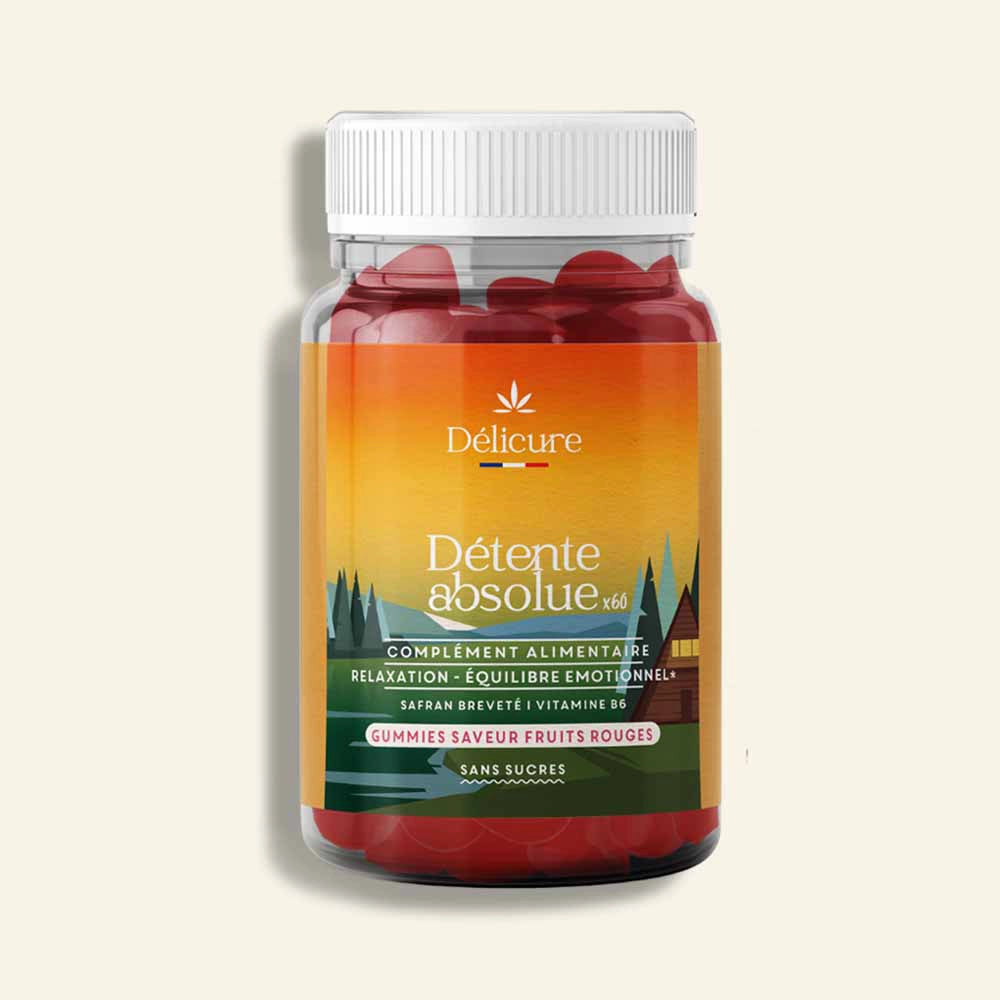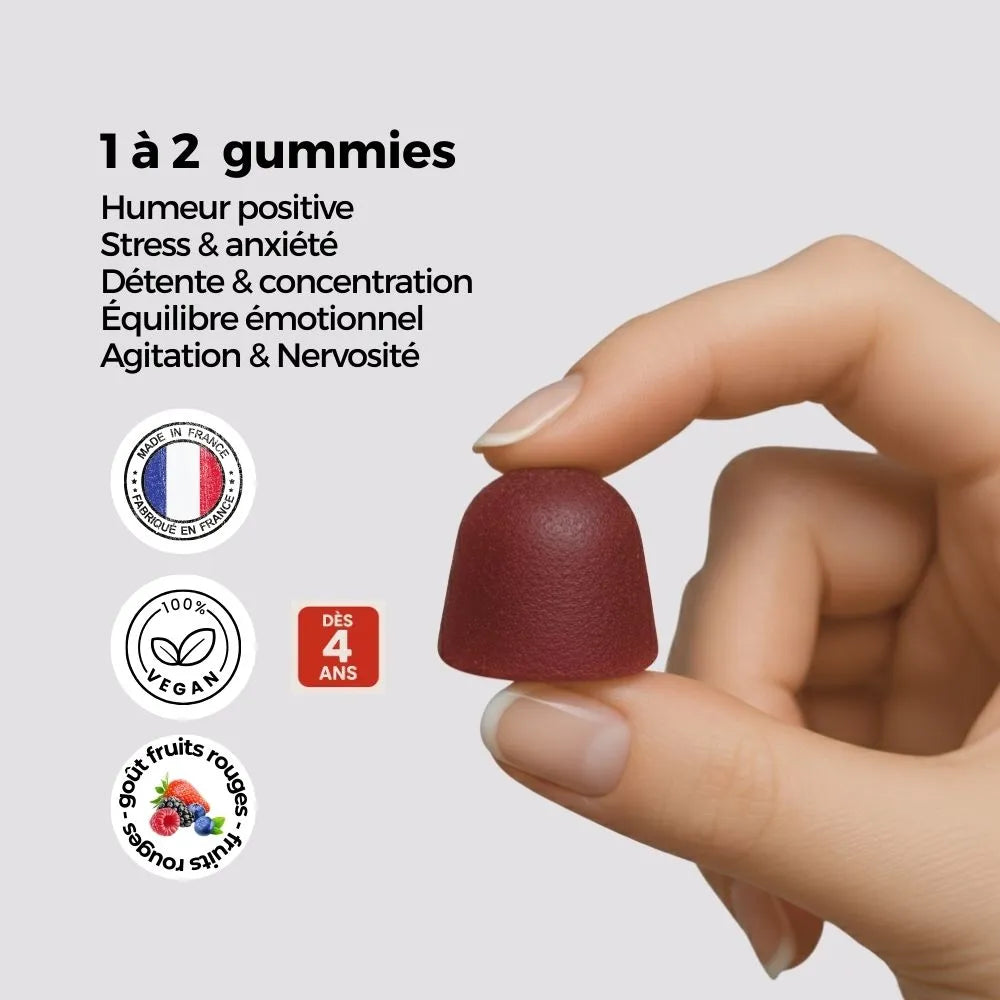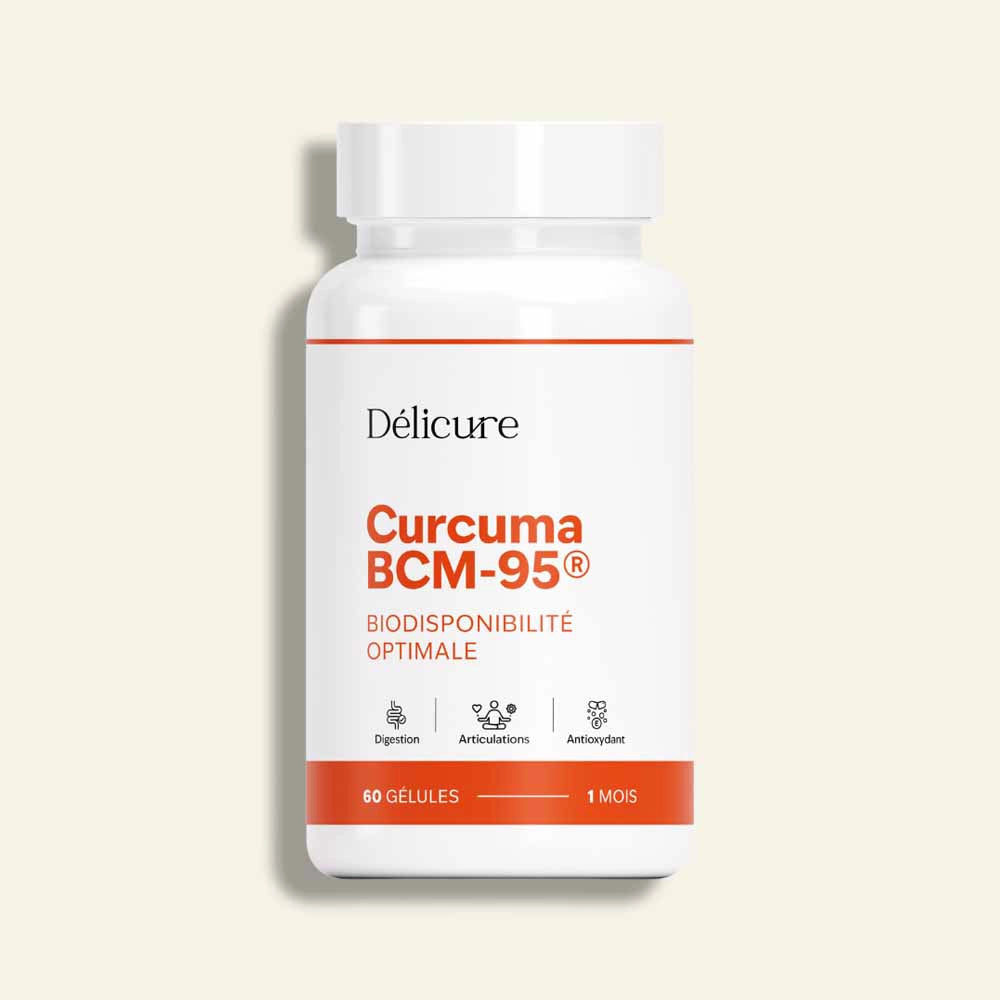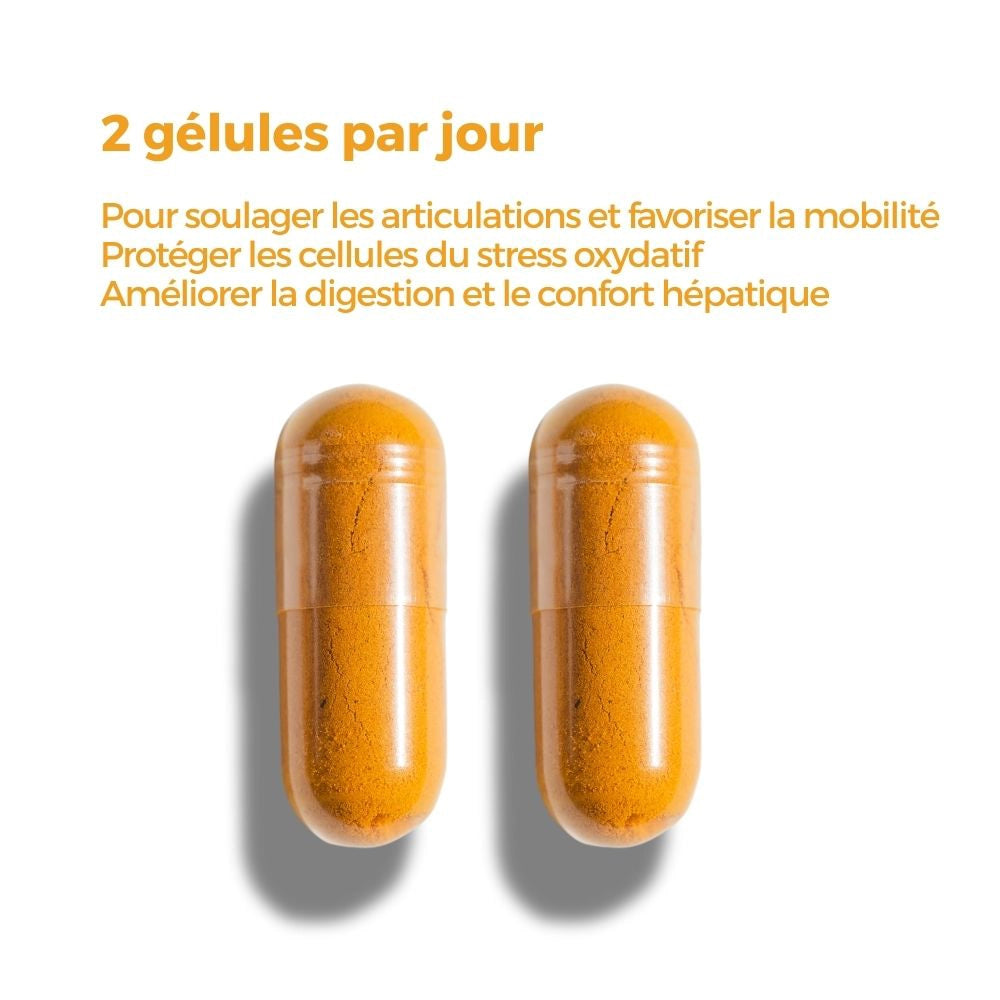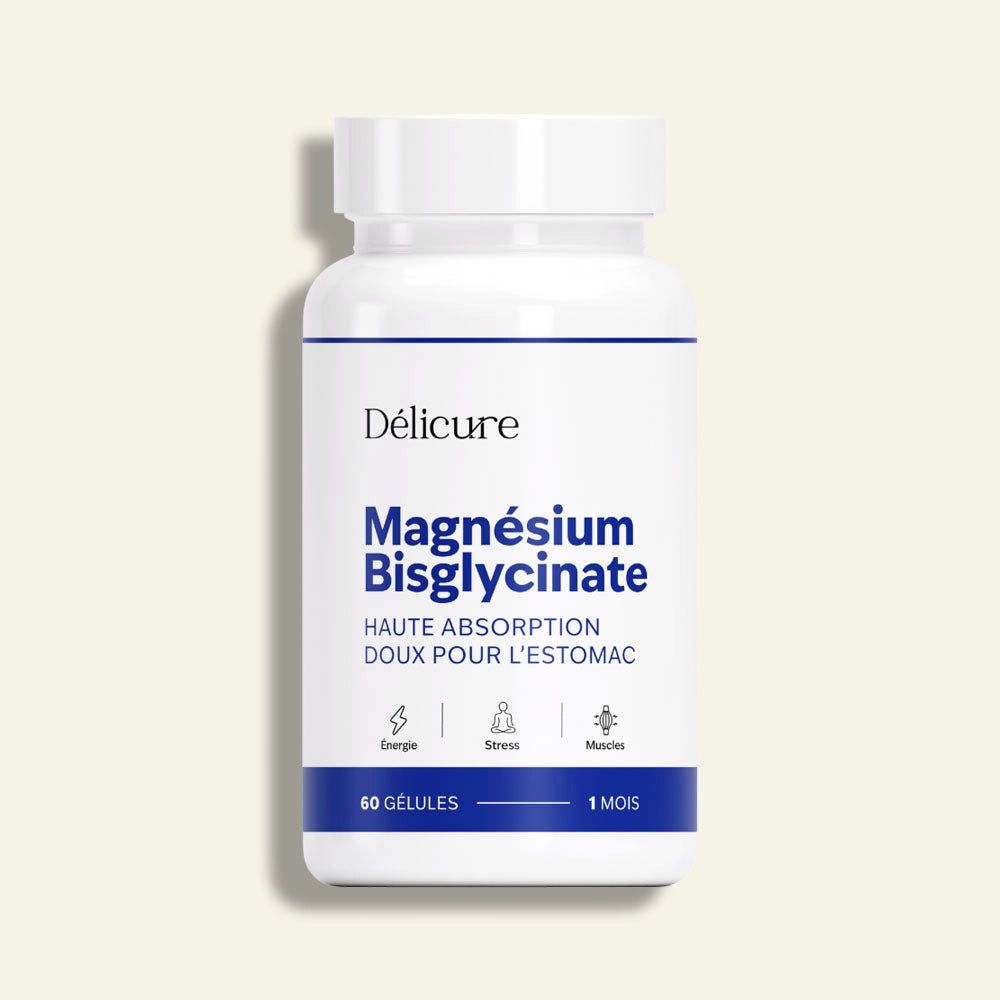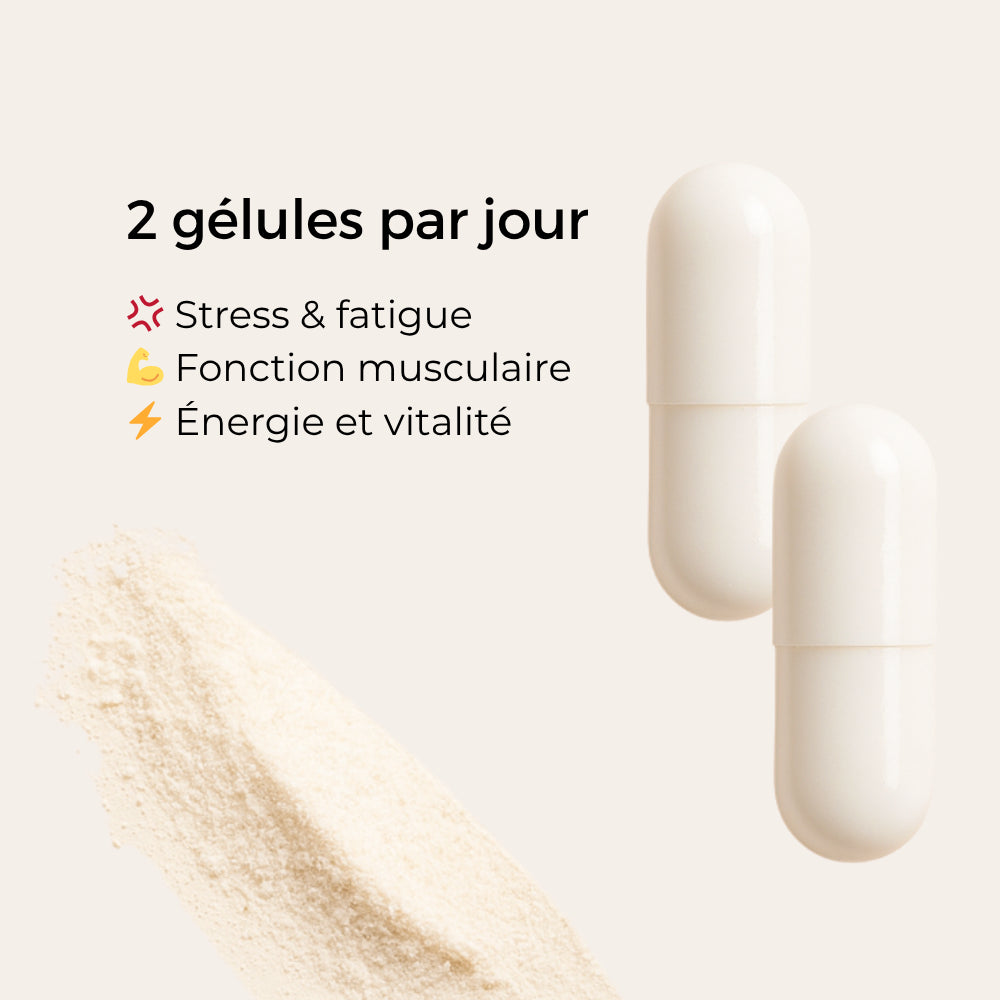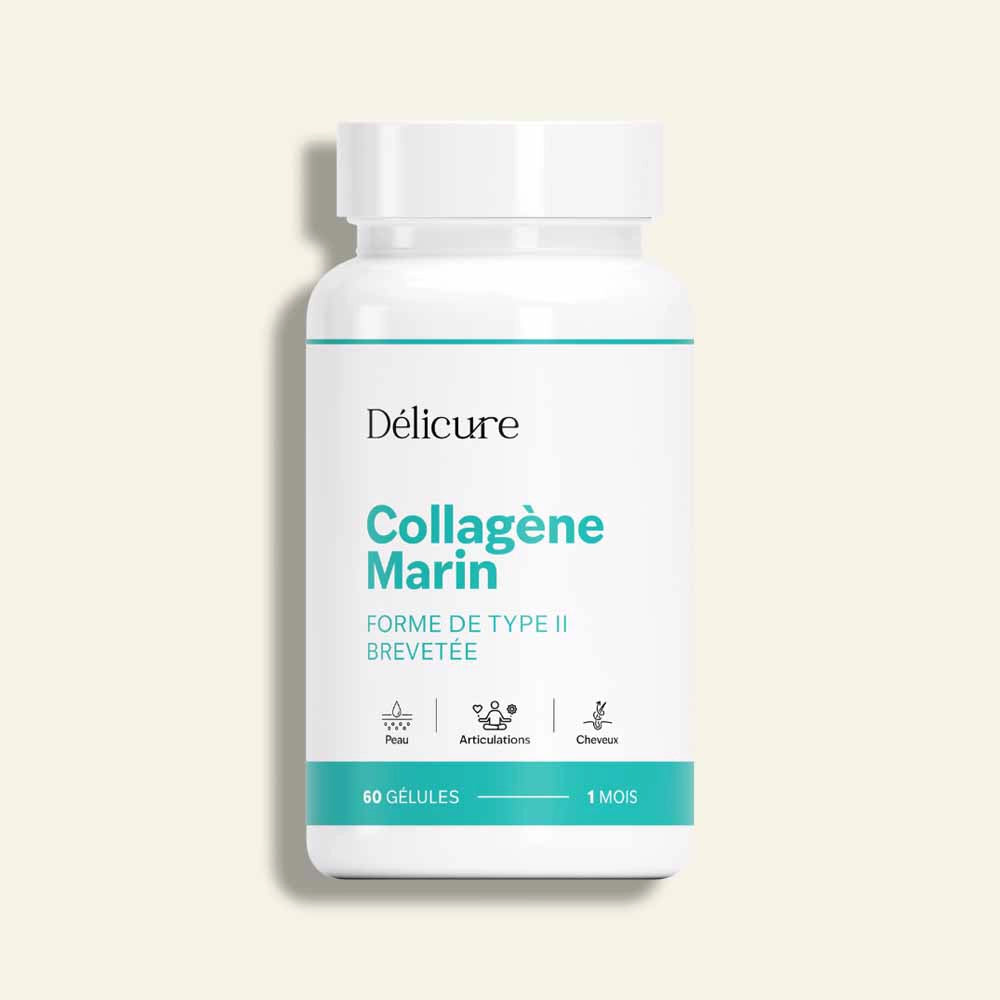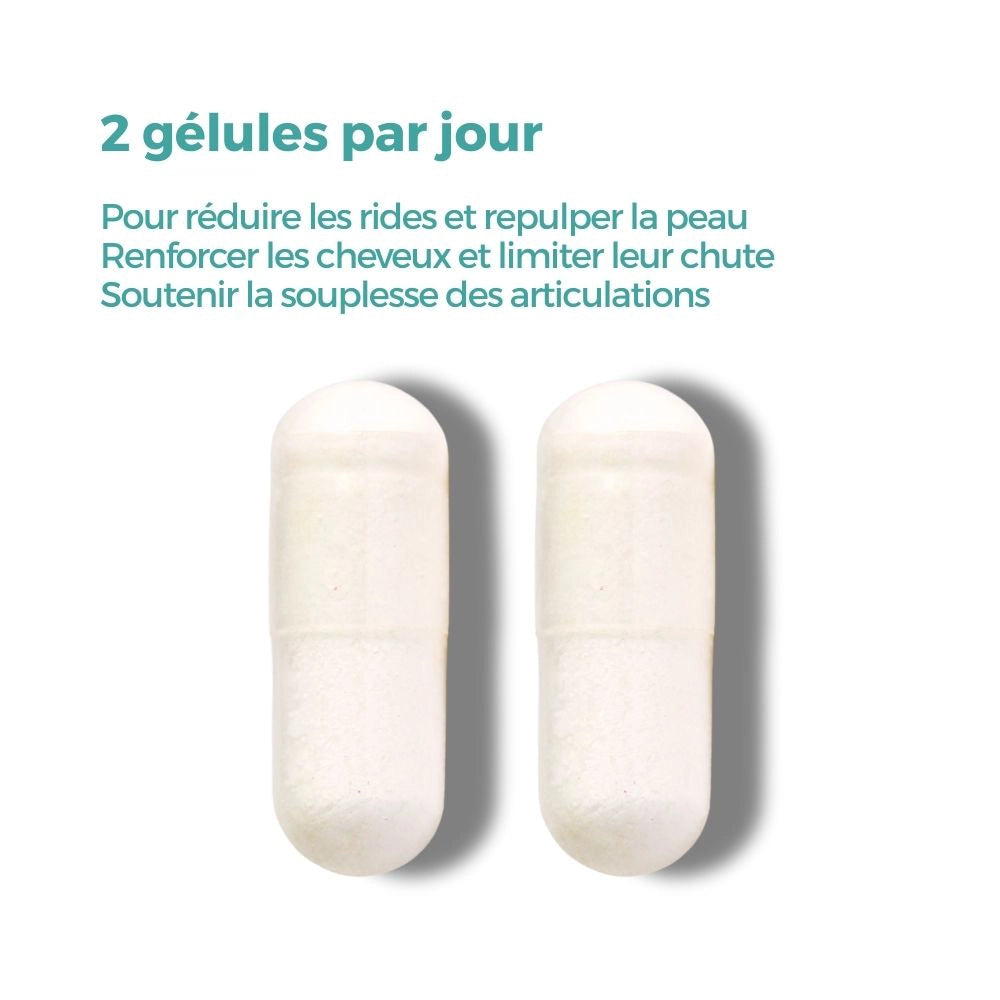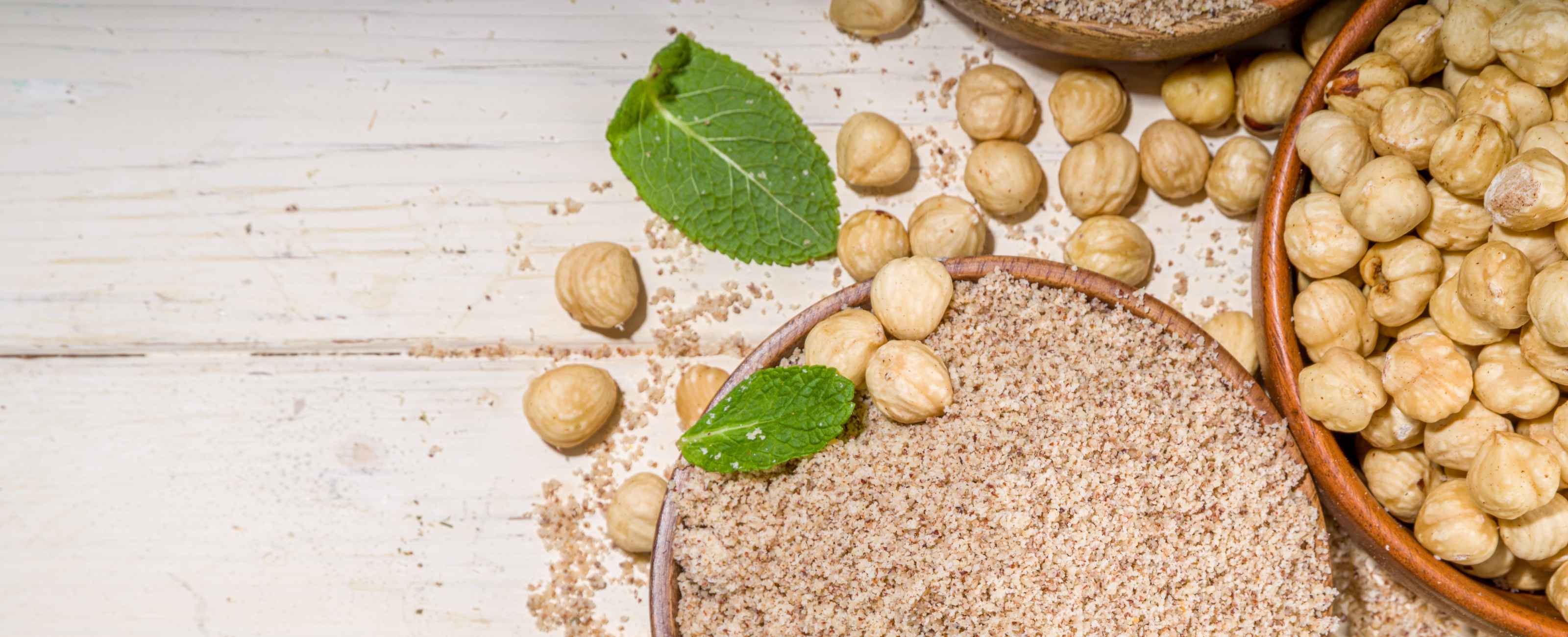
The secrets of manganese to our health
More and more foods are nowadays recognized for their properties and their various nutritional or medical benefits. They contain a number of nutrients, minerals, vitamins and trace elements that are particularly beneficial to our body. Among these foods, some are particularly rich in manganese, a mineral nutrient essential to several functions of the body (physical and psychological), notably immune. But did you know that many foods contain it naturally?
Characteristics and properties of manganese
Manganese is a mineral nutrient discovered in Antiquity, and which will also give its name to the Magnesian city of Sypile (present-day Turkey), which was at the time one of the main places of its production and trade. Its use has evolved since the 18th century century, from chemistry (manufacture of chlorine), to metallurgy, to botany, to therapeutics, to medicine.
Manganese is an essential nutrient for the formation and development of the bone system. First of all, it helps renew bone tissue and prevents bone demineralization, and therefore osteoporosis. It also plays a role in reactions linked to the metabolism of amino acids, carbohydrates and even cholesterol. A tiny part of the manganese ingested is completely consumed by the body and completely disappears from the body. This mineral is absolutely essential (at least in small quantities) to the body. It intervenes in all metabolisms (lipids, proteins and carbohydrates) as well as in the production of insulin (production and synthesis in order to intervene in the control of glycemin after the ingestion of carbohydrates), or the synthesis of certain enzymes. We can note for example superoxide dismutase which requires the presence of manganese in order to be produced and to play its role as an antioxidant, anti-stress, and anti-cellular aging.
In case of excessive presence, excessive absorption, manganese can harm various organs of the human body, especially the health of the liver and nervous system. Indeed, its toxicity generally comes mainly from a contaminated environment where individuals inhale it (manganese dust), particularly in metallurgical sites such as mining, foundries, etc. This can cause disruptions to the central nervous system, or in the worst cases Parkinson's disease. Particular attention is necessary in the case of pregnant women (see below).

Foods naturally rich in manganese
Manganese is naturally present in many easily accessible foods (such as fruits and vegetables). It is mainly present in cereals and seeds, molluscs, legumes, and even vegetables. Here is the list of the main foods (of plant or animal origin) rich in manganese, with their concentration according to quantity:
* mussels (6.8 mg/100 g).
* hazelnuts (3.8 mg/30 g).
* roasted pumpkin seeds (2.6 mg/60 g).
* wheat bran muffins (2.1 mg/110 g).
* oatmeal (1.6 mg/175 g).
* cooked brown rice (1.1 mg/100 g).
* multi-grain breakfast cereals (1.1 mg/30 g).
* cooked beans (1.1 mg/100 g).
* cooked whole wheat pasta (1 mg/74 g).
* pineapple (0.8 mg/82 g).
* wholemeal bread (0.7 mg/30 g).
* oysters (0.7 mg/100 g).
* firm tofu (0.6 mg/100 g).
* brewed tea (0.5 mg/95 g).
* fresh soy beans cooked like “edamame” (0.5 mg/95 g).
* cooked quinoa (0.5 mg/74 g).
* dark chocolate (0.4 mg/30 g).
* raspberries (0.4 mg/65 g).
* raw spinach (0.3 mg/30 g).
In order not to find ourselves in a situation of deficiency or surplus in our body (we have mentioned the danger of too high a level), we must of course monitor intake. Maximum doses (depending on gender, age, menstrual situation, etc.) have therefore been recommended by scientists. Here is a summary in table form:
|
Age
|
Sufficient intake (mg/day)
|
Recommended maximum intake (mg/day) |
|
Child from 1 to 3 years old. |
1.2. |
2. |
|
Child from 4 to 8 years old. |
1.5. |
3. |
|
Boy aged 9 to 13. |
1.9. |
6. |
|
Girl aged 9 to 13. |
1.6. |
6. |
|
Boy aged 14 to 18. |
2.2. |
9. |
|
Girl aged 14 to 18. |
1.6. |
9. |
|
Man aged 19 and over. |
2.3. |
1.1. |
|
Woman aged 19 and over. |
1.8. |
1.1. |
For pregnant women, or breastfeeding women, the age and weight of the woman may cause the dosages to vary. In this case, it is advisable to consult your general practitioner. The same goes for certain specific diets.
Food supplements
Several supplements or food supplements currently contain manganese, in particular those intended to strengthen the immune system and boost its immunity. They allow you to “refuel” with immune defenses, for example in times of tension, in the winter season, or in situations of intense stress .
Délicure offers in its range a perfectly indicated supplement to strengthen the body's immunity: “Immunity” gummies. It is a supplement which is, like all the other ranges of the brand: made in France , gluten-free, 100% vegan, with delicious natural aromas of wild fruits, not tested on animals, and packaged in packaging recyclable! The “Immunity” gummies are composed of an alloy of: zinc, manganese, copper, vitamin C, elderberry, probiotics and goji berry juice from organic farming.


